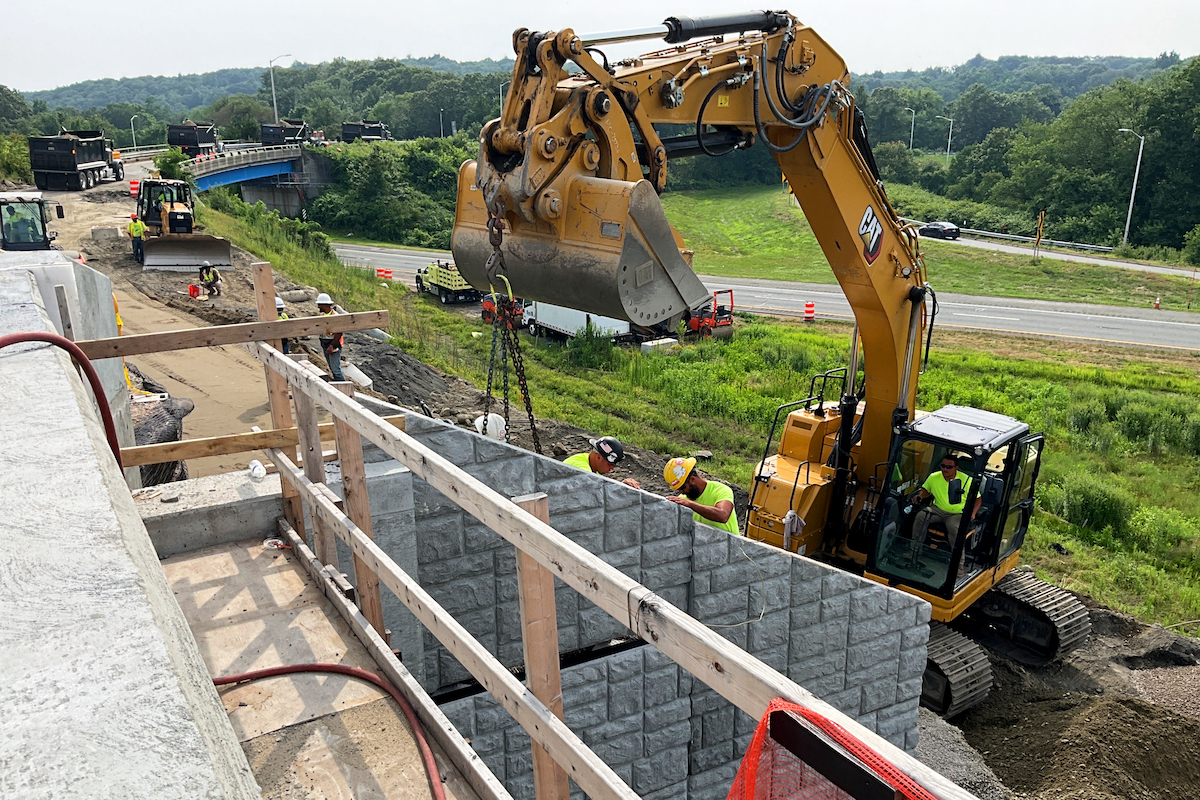All project businesses essentially operate the same way. Whether you are in the construction, engineering or architecture industry, the overarching commonality is that your company delivers goods and services to your customers through projects, making your company a project business.
Only by recognizing your company as a project business are you better able to see how you can improve your company’s foundation, structure your business processes, and identify what solutions are possible that enable success.
Traditional Business Systems Do Not Work for Project Business
Traditional business systems do not work for project businesses because they were not built with projects in mind. Mainstream ERP's were originally designed for industries with high-volume, repeatable processes, more specifically, to support repetitive manufacturing business. Typical ERP's are effective in these industries where it is much easier to apply technology to automate and accelerate production because processes and data are standardized. But that is not the case for project businesses because every project is unique and therefore difficult to standardize. As a result, traditional ERP systems cannot be applied to support the needs of project businesses, nor provide the level of automation and visibility they need to be successful.
Therefore, it is not unusual for project businesses to employ an additional 10 to 15 different point solutions to manage their business processes – that means most project business information and processes are still managed in spreadsheets.
With this fragmented application landscape, most project businesses employ controllers and data managers to manually translate, consolidate, and validate large amounts of project data from these different systems. This manual integration can lead to mistakes and delays, which ultimately causes important decisions to be made based on outdated and unreliable data. Running an enterprise based on standalone project management and financial applications that do not communicate with each other only sets you up for failure.
Project Business Automation is the Solution
Project businesses that establish repeatable business processes and implement an all-in-one system that automates these processes, will be able to achieve greater productivity and profitability.
Project Business Automation (PBA) is a category of business systems built specifically for project-based companies. It eliminates disparate applications by standardizing, integrating, and automating all project business processes and data into one, end-to-end system. This gives project businesses access to accurate, real-time data that facilitate faster decision making. PBA accelerates and automates processes in a way that is not possible when managed in separate applications.
To manage the entire business inside one system, PBA includes sophisticated capabilities and support for project financials, operations, as well as analytics and business intelligence.
Project Financials: Much More than Project Accounting
PBA closes the gap between what project industries need and what mainstream ERP solutions offer. A solid accounting framework is required to track actual costs and invoices, revenue recognition, accruals, and budgets. However, when it comes to project profitability and supporting effective decision making, it is more important to track and forecast EAC, variances, earned value, profitability, contingencies, and productivity. Tracking and identifying trends in these areas in real time enables business leaders to manage their financial situation with certainty rather than guesses.
Project Operations: Go Beyond Project Management
When delivering projects is how you generate revenue, your project operations are the bread and butter of your company. It is critical for project businesses to be able to accurately plan those engagements in a comprehensive manner, including the management of resources, subcontractors, risks and issues, milestones, material, production, and related supply chain activities. A lack of real-time insight and visibility into your operations results in increased risk and decreased profitability.
While there are many project management applications out there, keep in mind they were originally designed to manage standalone projects, not your entire business. PBA offers a different approach by managing project operations inside your ERP, thereby providing real-time integration between backend ERP functions and your operational project management activities, supporting instant process automation and insight and connecting your operations to the financials.
Project Insight: Unprecedented Real-Time Intelligence
PBA gives you real-time data to transform your company into a high-performing enterprise. By bringing all essential project functionality into one system, PBA enables access to project and business intelligence faster than ever before. Only by understanding the financial and operational status of all projects simultaneously and as a whole can managers and executives make effective data-driven decisions.
PBA enables new and essential insights that are only made possible with a completely integrated system. For example, the ability to see cash flow, margins, EAC and earned value on a daily basis becomes the norm, rather than during monthly status updates.
PBA provides the tools required to identify trends and benchmark your performance against company goals and industry standards. Because there is no data translation or time-lapse between source transactions and visualization, the intelligence is available in real-time enabling you to make timely and informed business decisions.
PBA is the Foundation for the Future
We all know that various studies show that productivity has flatlined in construction over the last 30 years, while other industries, like manufacturing have increased dramatically. Not only that, but most projects still finish behind schedule and over budget. The application of technology to improve and automate the business processes of these companies is a key factor for the discrepancy.
To catch up, it is critically important that project businesses, like construction companies, are able to run their businesses with real-time visibility and control just like these other industries. Only by integrating all the processes and data relevant for Project Business can we establish a platform to do that.
Project Business Automation provides an answer to this problem. PBA allows project businesses to proactively manage their companies in one system that not only brings them up to par with other industries, but also builds the foundation for future growth and technology adoption.





































































